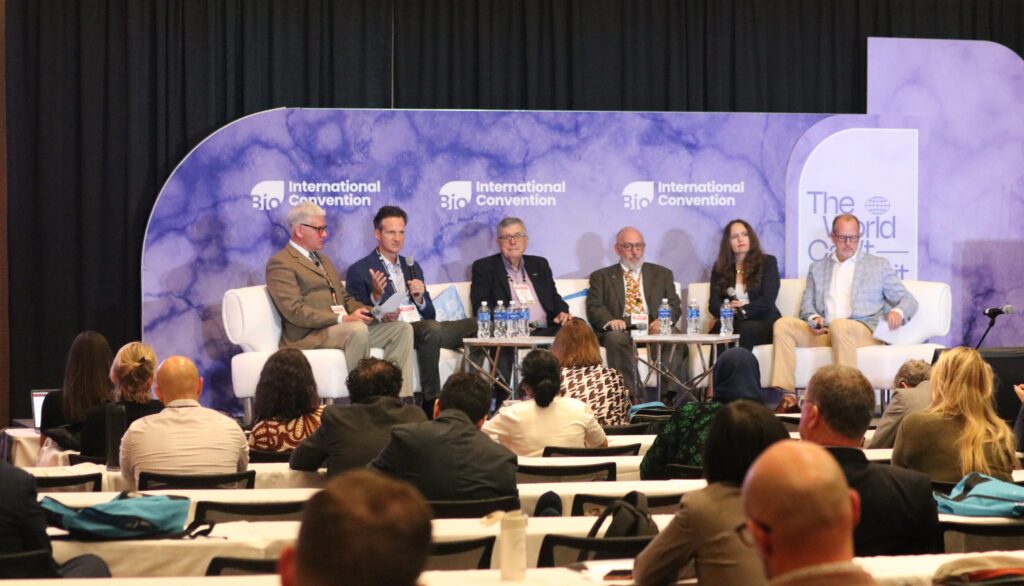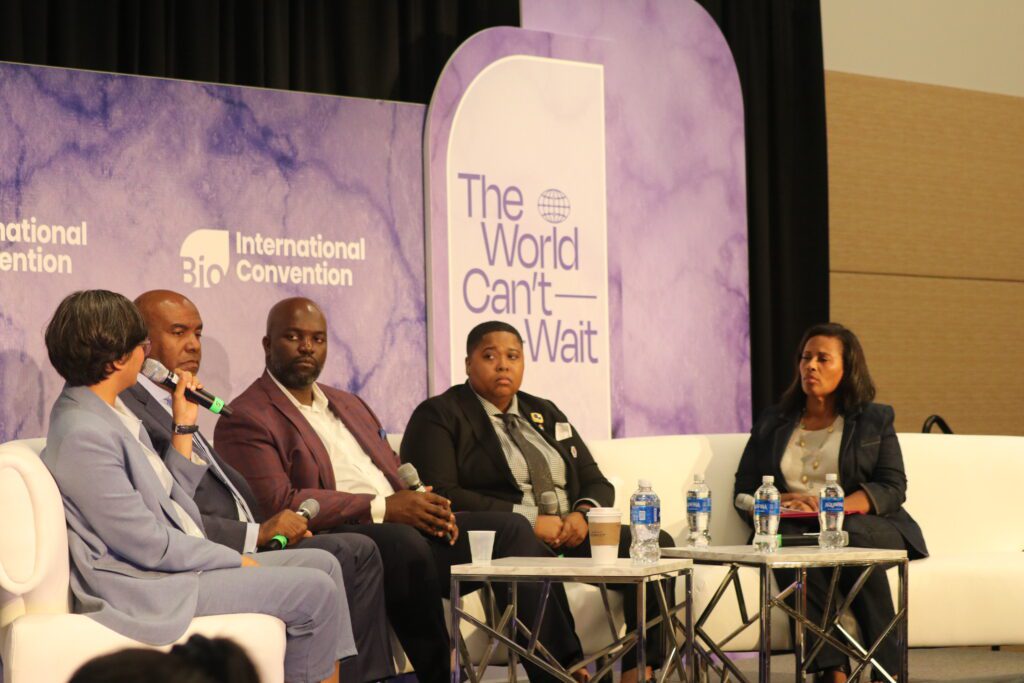A new biotech company says they can reverse the aging process in living cells by “flipping” DNA markers, helping us stay healthier longer, according to reports.
Altos Labs, launched in January, has a mission to use “cellular rejuvenating programming” to “restore cell health and resilience to reverse disease, injury, and the disabilities that can occur throughout life.”
Altos Labs uses a technique discovered in 2006 by Japanese scientist Shinya Yamanaka, who currently serves as a science advisor to the same company. “The four proteins (now called “Yamanaka factors”) that he and his students identified could cause ordinary cells to turn into potent stem cells, just like those found in embryos,” MIT Technology Review explains. “Yamanaka’s discovery was employed to reprogram cells from patients to make stem cells, which could then be used to try to manufacture transplantable tissues, retina cells, or neurons.”
The discovery earned Shinya Yamanaka a Nobel Prize for Medicine in 2012.
Rejuvenation process still a puzzle
The rejuvenation process is still not fully understood, but since the first experiment, scientists have learned to maintain the identity of mature cells while reprogramming the specific DNA markers impacting aging, according to MIT.
The idea of a “fountain of rejuvenation” has sparked excitement—and much investment in Altos—but co-founder Rick Klausner tells MIT that Atos is more focused on extending quality of life rather than lifespan.
The rejuvenation programming “seems to work at least in part by resetting what’s called the epigenome—chemical marks on DNA that control which genes are turned on, or off, in a cell,” MIT says.
“The objective of Altos is to tame this phenomenon, understand it, and eventually apply it as a treatment to reverse a wide range of diseases. This may be possible, Klausner says, because youthful cells have more resilience and can bounce back from biological stress in ways old ones don’t,” according to MIT.
“There is a lot of room for average life span to increase,” Klausner tells MIT, “and that is essentially the goal of all medicine, whether curing cancer or heart disease.”




